Philadelphia Public Adjuster: Your Local Advocate for Complex Property Insurance Claims
.svg)
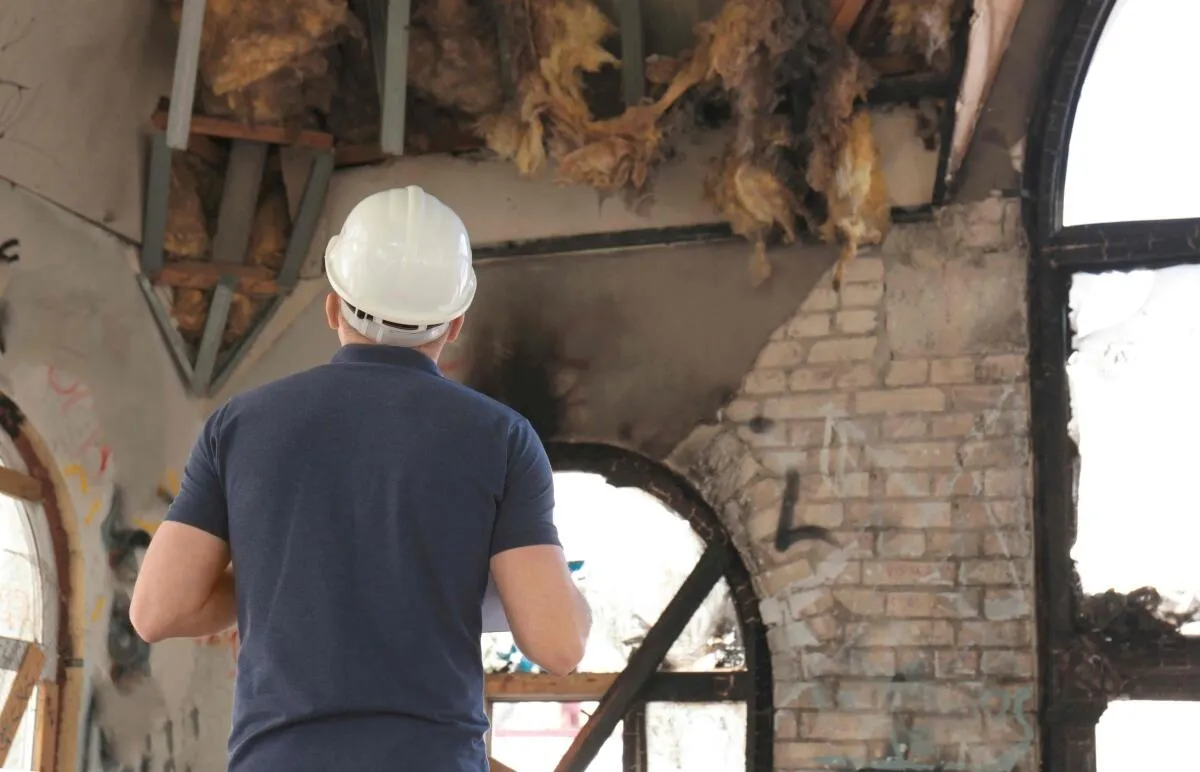
Why Having a Philadelphia Public Adjuster on Your Side Changes Everything
When a burst pipe floods your South Philly rowhome, a kitchen fire rips through a mixed-use building in Fishtown, or a wind-driven storm exposes weaknesses in an aging flat roof in West Philadelphia, your life can change in minutes. The immediate concerns are obvious: safety, emergency services, temporary housing, worried family members, anxious tenants, or employees asking what happens next. Once the smoke clears and the water stops flowing, you turn to the one thing that is supposed to help you put the pieces back together—your insurance policy.
This is where many property owners in the city hit a wall. Insurance policies are not written like neighborhood flyers or online FAQs. They are dense contracts filled with definitions, conditions, exclusions, and endorsements that only really come into focus when a serious loss happens. Terms such as “sudden and accidental,” “water backup,” “collapse,” “vandalism,” and “ordinance or law” carry specific meanings that may be very different from what you assume. Whether your building and contents are valued on an actual cash value basis or on replacement cost can change your settlement by tens of thousands of dollars.
On top of that, the person the insurance company sends to inspect your property—its staff adjuster or an independent adjuster—does not work for you. They are employed or engaged by the carrier. Their responsibility is to interpret your policy and scope your loss in a way that fits the insurer’s internal guidelines and cost targets. Their inspection may be courteous and professional, but it is conducted from the insurer’s perspective.
A Philadelphia public adjuster stands on the other side of this equation. Licensed to represent policyholders, a Philadelphia public adjuster works only for you, not for the insurance company. Their duty is to identify the full extent of your damage, interpret your policy from your point of view, and negotiate for the highest fair settlement available under that contract. Instead of walking into an unfamiliar system alone, you have a local claims expert sitting at the table with you.
Local knowledge matters tremendously in this city. Philadelphia’s building stock is not simple or uniform. Narrow rowhouses with shared party walls, older brick twins, converted warehouses, high-rise condos, and small corner stores all present unique challenges when they are damaged. Many buildings are a patchwork of past renovations layered over original structure: plaster behind drywall, older wiring behind new outlets, aging plumbing behind modern finishes. Water can travel far beyond what you see on the surface. Smoke can filter through vertical chases, stairwells, and shared ductwork. A quick, surface-level inspection is rarely enough to understand what really happened.
Add to this the practical reality of a serious loss: you are tired, stressed, and likely displaced. You might be juggling temporary housing, contractor calls, frustrated tenants, or business customers wanting to know when you will reopen. In that mental state, few people are prepared to read every line of an estimate, question every omission, or challenge a seasoned company adjuster on policy interpretation. A Philadelphia public adjuster becomes your buffer and your advocate, taking the technical burden off your shoulders so you can focus on stabilizing your life.
In short, hiring a Philadelphia public adjuster is not about picking a fight with your insurance company. It is about leveling the playing field. You are not asking for more than your policy provides; you are making sure you actually receive what you have been paying for.
What a Philadelphia Public Adjuster Actually Does During Your Claim
To many policyholders, “Philadelphia public adjuster” sounds like a general label for “someone who helps with my claim.” In practice, a good public adjuster follows a disciplined, step-by-step process that touches nearly every aspect of your insurance claim, from initial notice of loss to final payment.
The work starts with a detailed intake and full policy review. A Philadelphia public adjuster will first ask you to explain what happened in your own words: when you found the damage, how it appears to have started, which areas are affected, and what you did immediately afterward. They will look at any emails, texts, or letters you have received from the insurer, any initial estimates, and any checks already issued.
Then they obtain your entire policy, not just the declarations page. A Philadelphia public adjuster reads the building and personal property coverage forms, endorsements, and special provisions, identifying what coverage exists for the dwelling or building, other structures, personal or business contents, additional living expenses or loss of rents, business interruption, debris removal, and ordinance and law coverage. They also note deductibles, water backup or sewer coverage, sub-limits for mold or special categories of property, and time-sensitive requirements like sworn proof-of-loss deadlines. This detailed review becomes the legal framework for the strategy they will pursue.
Next comes an independent inspection of your property. A Philadelphia public adjuster does not rely on the insurer’s brief visit; they carry out their own, far more thorough evaluation. For a water loss in a rowhouse, that might mean:
- Walking every floor, from top to basement, and examining ceilings, walls, flooring, trim, built-ins, and cabinetry.
- Using moisture meters or infrared imaging to identify dampness behind plaster or drywall and under finished flooring.
- Checking structural members, subfloors, and joists for swelling, warping, or other signs of water-related stress.
For a fire or smoke claim in a mixed-use building, the inspection may include:
- Assessing the burn area to understand structural damage and heat impact.
- Tracing smoke and soot into hallways, stairwells, neighboring units, attics, and mechanical spaces.
- Inspecting ductwork, insulation, and concealed cavities where fine soot and odors can linger.
- Evaluating contents—furniture, electronics, soft goods—for visible and invisible damage.
For a wind or storm claim, especially on older flat roofs, a Philadelphia public adjuster will:
- Access the roof where it is safe, inspecting membranes, seams, flashing, parapets, drains, and penetrations.
- Look for uplifted materials, punctures, and storm-created openings.
- Track interior leaks back to specific roof or wall failures.
From this inspection, the Philadelphia public adjuster builds a detailed scope of repairs in industry-standard estimating software. Unlike the insurer’s initial estimate, which often uses conservative assumptions, the public adjuster’s scope includes everything reasonably required to restore the property to its pre-loss condition with like kind and quality materials. That means:
- Accurate quantities for demolition, debris removal, and cleaning or decontamination.
- Labor and material pricing aligned with what qualified Philadelphia contractors actually charge.
- Full reconstruction tasks: structural repairs, insulation, drywall or plaster, paint, trim, flooring, cabinetry, roofing, mechanical and electrical work.
- Code-related upgrades where supported by ordinance and law provisions in the policy.
At the same time, the Philadelphia public adjuster assembles the supporting documentation that will anchor the claim. This includes photographs and videos, mitigation invoices for emergency services (such as board-up, tarping, or water extraction), contractor opinions, and specialist reports from engineers, hygienists, or restoration experts when appropriate. They help homeowners prepare detailed contents inventories, listing damaged furniture, electronics, clothing, and household goods with realistic replacement values. For business owners, they document equipment, inventory, fixtures, signage, and improvements made to leased spaces.
Once the estimate and documentation are complete, the Philadelphia public adjuster prepares a formal claim package or supplemental demand to present to the insurer. This typically contains:
- A narrative explaining how the loss occurred and why it is covered.
- A clear outline of the areas affected and the full scope of damage.
- The line-by-line estimate reflecting what it will cost to repair properly.
- Supporting photos, invoices, and reports tying each claimed item to the event and to specific policy provisions.
The public adjuster then enters the negotiation phase. The insurer may respond with a revised estimate, object to certain items, or claim that parts of the loss are pre-existing, cosmetic, or excluded. A Philadelphia public adjuster reviews these responses with a fine-tooth comb, comparing them to the policy, the documented facts, and construction standards. They respond with clarifications, evidence, and, when necessary, additional documentation to keep pushing the claim toward a fair number.
Joint inspections are common at this stage. When the insurer’s adjuster or consulting specialists revisit the property, your Philadelphia public adjuster is there beside you. They walk the building together, highlighting damage that may have been overlooked and explaining the need for specific repairs or replacements. These inspections are no longer one-sided assessments; they become professional, balanced discussions grounded in local knowledge and evidence.
If negotiations stall and the insurer remains far from a reasonable settlement, your Philadelphia public adjuster may recommend invoking the appraisal clause in your policy, which brings in neutral appraisers to set the amount of loss, or suggest you consult with legal counsel if claim handling appears unreasonable. While the public adjuster does not act as your attorney, the organized file they have built becomes invaluable if the dispute escalates.
Throughout the entire process, a Philadelphia public adjuster keeps you informed. They explain each major development, what it means, and what your options are. You are not left guessing about the status of your claim or the implications of a settlement offer.
Common Philadelphia Claim Scenarios Where a Public Adjuster Makes the Biggest Difference
Philadelphia properties see recurring patterns of damage shaped by age, density, infrastructure, and climate. A Philadelphia public adjuster works in these patterns every day and knows where claims are most likely to be underpaid or mishandled.
Water damage in rowhouses and multifamily buildings is a prime example. Plumbing lines often run through shared walls and vertical chases. A single failed supply line on an upper floor can send water through ceilings and walls into multiple levels and sometimes into adjoining units. Water may travel across joists, seep behind plaster, saturate insulation, and collect in unexpected low points. Company adjusters under time pressure tend to focus on what they can see: stained ceilings, warped flooring, and obvious bubbling paint. Without a Philadelphia public adjuster insisting on moisture mapping and thorough inspection, hidden damage in structural members and cavities can be ignored, leaving you with ongoing problems later.
Sewer and drain backups are another common nightmare. Older neighborhoods with aging infrastructure are particularly vulnerable when heavy rains overwhelm systems. Contaminated water can enter basements through floor drains, toilets, and tubs, damaging finishes, mechanical systems, and stored contents. Policies treat this type of water differently from clean plumbing leaks and often require special endorsements with lower sub-limits. Insurers may try to categorize events narrowly to limit their payout. A Philadelphia public adjuster scrutinizes the cause of loss and the policy language, pushing to apply every available dollar of coverage and challenging attempts to minimize what is owed.
Fire and smoke losses in Philadelphia’s dense housing and mixed-use buildings can be intricate. A fire that starts in one unit may send smoke and soot through stairwells, shared walls, ductwork, and concealed voids into other units or floors. Even when flames are contained quickly, heat, soot, and water from fire suppression can combine to create complex damage far from the origin. Insurer estimates might focus primarily on the charred area and a narrow perimeter, treating more distant contamination as minor. A Philadelphia public adjuster works with restoration professionals to document where smoke has actually traveled, uses testing or wipe samples when needed, and argues for cleaning, sealing, or replacement at a level that truly restores habitability and air quality.
Storm and wind damage, especially to older flat and low-slope roofs, also creates recurring disputes. Winds can lift seams, loosen flashing, and cause subtle failures that may not leak until the next heavy rain. Debris strikes, hail, and wind-driven rain can all compromise roof systems, windows, and exterior walls. Carrier adjusters may attempt to classify damage as age-related or cosmetic and propose limited patching. A Philadelphia public adjuster ties interior leaks to specific roof or exterior failures, references manufacturer and code requirements, and explains why full-system repairs or replacements are sometimes necessary to prevent ongoing water intrusion and devaluation.
Commercial and rental property claims layer financial complexity on top of physical damage. A restaurant in Northern Liberties, a storefront in South Street, or a small office in Center City may face both structural repairs and lost revenue while closed or partially shut down. Landlords may lose rent from displaced tenants, and disputes can arise over who is responsible for which parts of repairs in mixed-use or multi-tenant buildings. A Philadelphia public adjuster experienced with commercial and landlord claims helps coordinate building and contents documentation while also assisting with loss-of-rent or business interruption components—assembling financial records, demonstrating pre-loss performance, and linking income loss and extra expenses directly to the event and repair timeline.
Historic or high-character properties add yet another layer. Many Philadelphia neighborhoods feature rowhouses and commercial buildings with original hardwood floors, plaster walls, ornate trim, detailed brick or stone facades, stained glass, and custom metalwork. Standard insurance estimates often assume modern drywall, simple trim, and off-the-shelf flooring, severely underpricing what it takes to restore these properties properly. A Philadelphia public adjuster documents these unique features clearly and presses for like kind and quality restoration rather than accepting generic replacements that strip away value and character.
In each of these scenarios, the presence of a Philadelphia public adjuster changes the story. Instead of a claim defined by quick inspections and conservative estimates, you have a claim defined by comprehensive investigation, realistic local pricing, and persistent, informed advocacy.
How to Choose the Right Philadelphia Public Adjuster for Your Claim
Deciding to work with a Philadelphia public adjuster is an important step, but choosing the right one is just as critical. The adjuster you select will play a major role in your recovery—financially and practically—so take the time to evaluate your options carefully.
Start with licensing and credentials. Public adjusters in Pennsylvania must be properly licensed. You should feel completely comfortable asking any Philadelphia public adjuster for their license information and verifying that it is current and in good standing. A reputable professional will provide this readily and explain their experience, training, and focus without hesitation.
Next, look at experience with Philadelphia-specific claims. Ask what types of losses they handle most often: rowhouse water losses, urban fire and smoke claims, flat roof and storm damage, sewer backups, commercial and mixed-use building claims, or historic property restorations. Listen for specific local examples—neighborhoods, building types, claim sizes, and particular challenges they have helped clients overcome. A Philadelphia public adjuster who can speak concretely about similar cases is more likely to anticipate the issues your claim will face.
Assess their local construction and pricing knowledge. Your adjuster should understand how Philadelphia buildings are actually built and repaired, and what local contractors charge. Someone who routinely works in this market will be better equipped to write estimates that reflect reality and to push back when insurers use outdated or inadequate pricing.
Pay attention to communication style. During your first conversations, notice whether the Philadelphia public adjuster listens carefully, asks thoughtful questions, and explains the process in plain English. You should feel that they are being direct and honest with you about timelines, potential outcomes, and the work involved—not promising unrealistic results. You will likely be in contact with this person for months; mutual trust and clear communication are essential.
Make sure you fully understand the fee structure. Most Philadelphia public adjusters work on a contingency basis, taking a percentage of the claim settlement. Ask what that percentage is, whether it applies to all payments or only to new money obtained beyond prior offers, and how any expenses are handled. The terms should be set out in a written contract that you have time to review. Ask questions about anything that is unclear, and do not sign until you are comfortable with every part of the agreement.
Finally, trust your instincts. After speaking with a potential Philadelphia public adjuster, ask yourself whether you feel more confident, informed, and supported—or more pressured and unsure. You are inviting this person into a very stressful part of your life. The right adjuster should leave you feeling that you have added a knowledgeable, steady ally to your side, not that you are giving up control.
Conclusion
Property damage in Philadelphia—whether from a burst pipe in a narrow rowhome, a sewer backup in a basement, a fire in a mixed-use building, or a storm that exposes an old flat roof—does not just affect bricks and mortar. It disrupts lives, displaces families and tenants, and threatens hard-earned investments and businesses. The insurance policy you have been paying for is supposed to be the safety net that catches you, but the claims system you step into after a loss is complex and tilted in favor of the insurer that designed it. A Philadelphia public adjuster exists to rebalance that system. By combining deep local knowledge of Philly buildings, careful reading of policy language, meticulous damage documentation, realistic estimating, and disciplined negotiation, a skilled Philadelphia public adjuster transforms the claim process from an overwhelming, one-sided ordeal into a structured effort focused on your rights and your recovery. Instead of accepting whatever the company adjuster decides, you move forward with a clear understanding of your loss and a dedicated advocate working to secure the settlement you genuinely need to rebuild, restore, and move on with confidence in the city you call home.



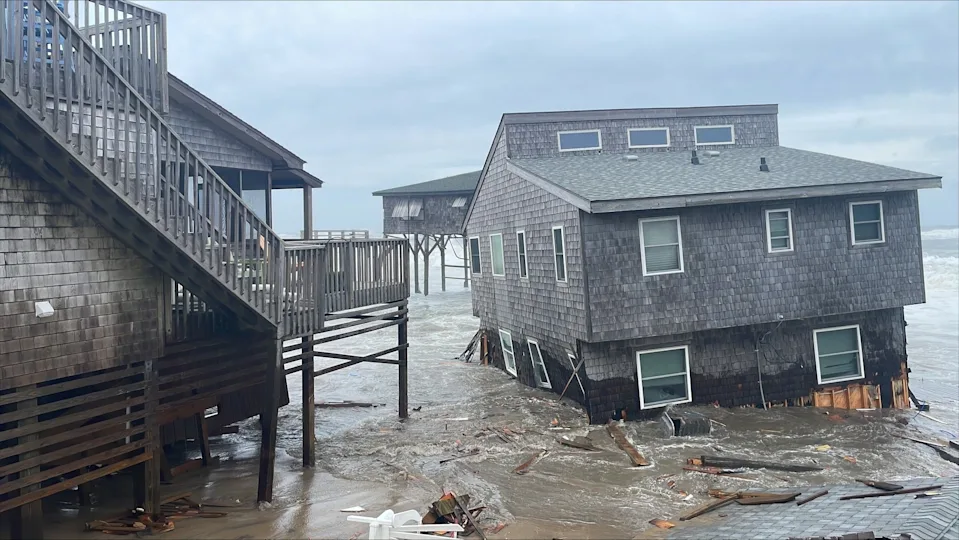
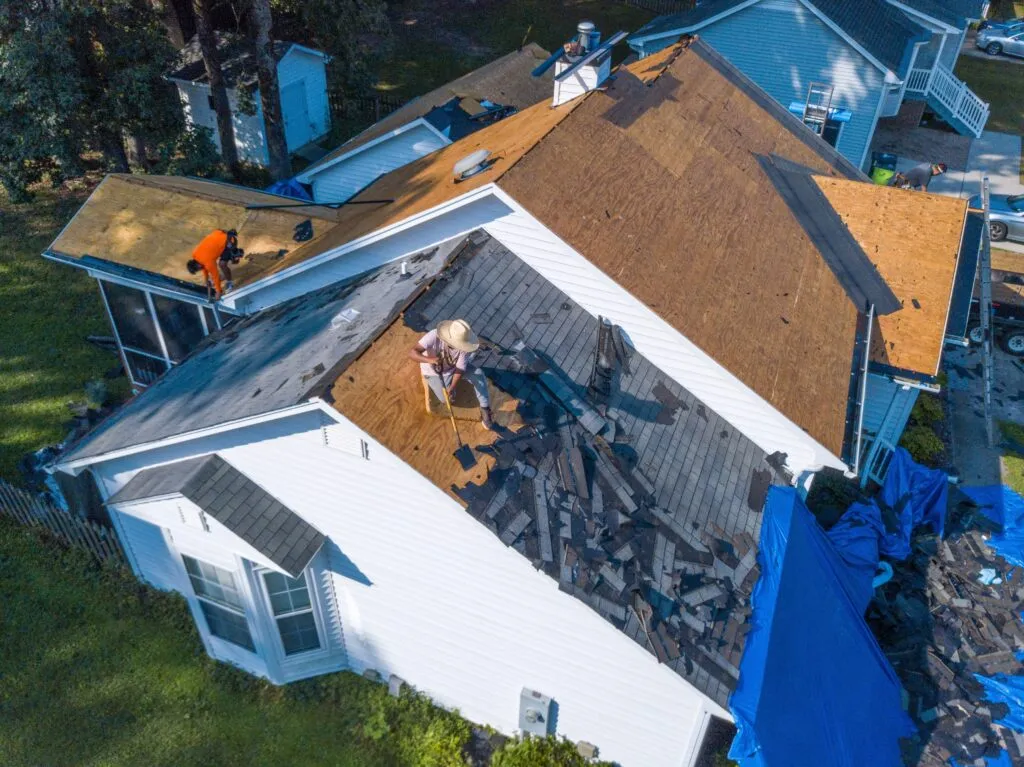

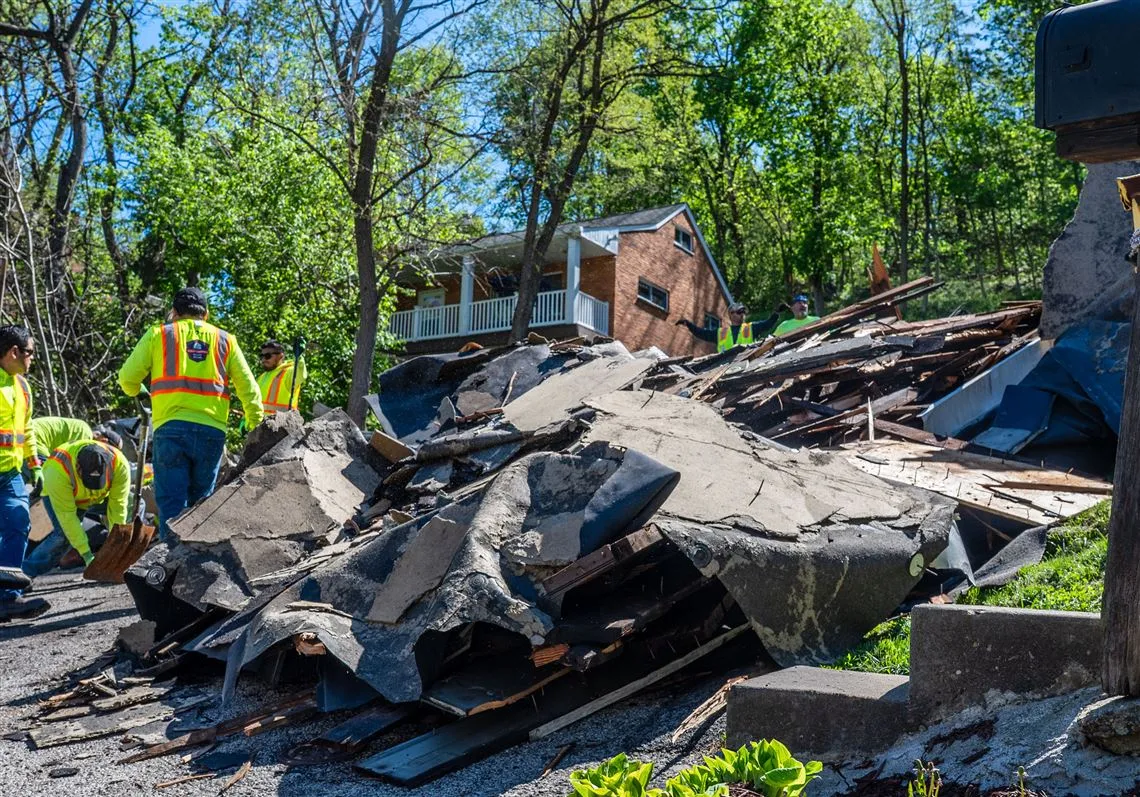
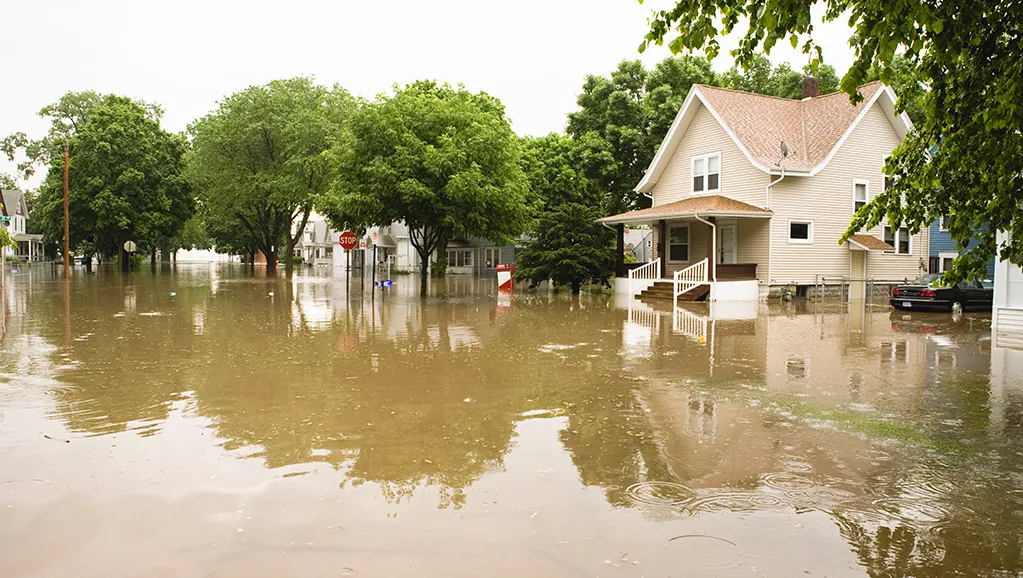

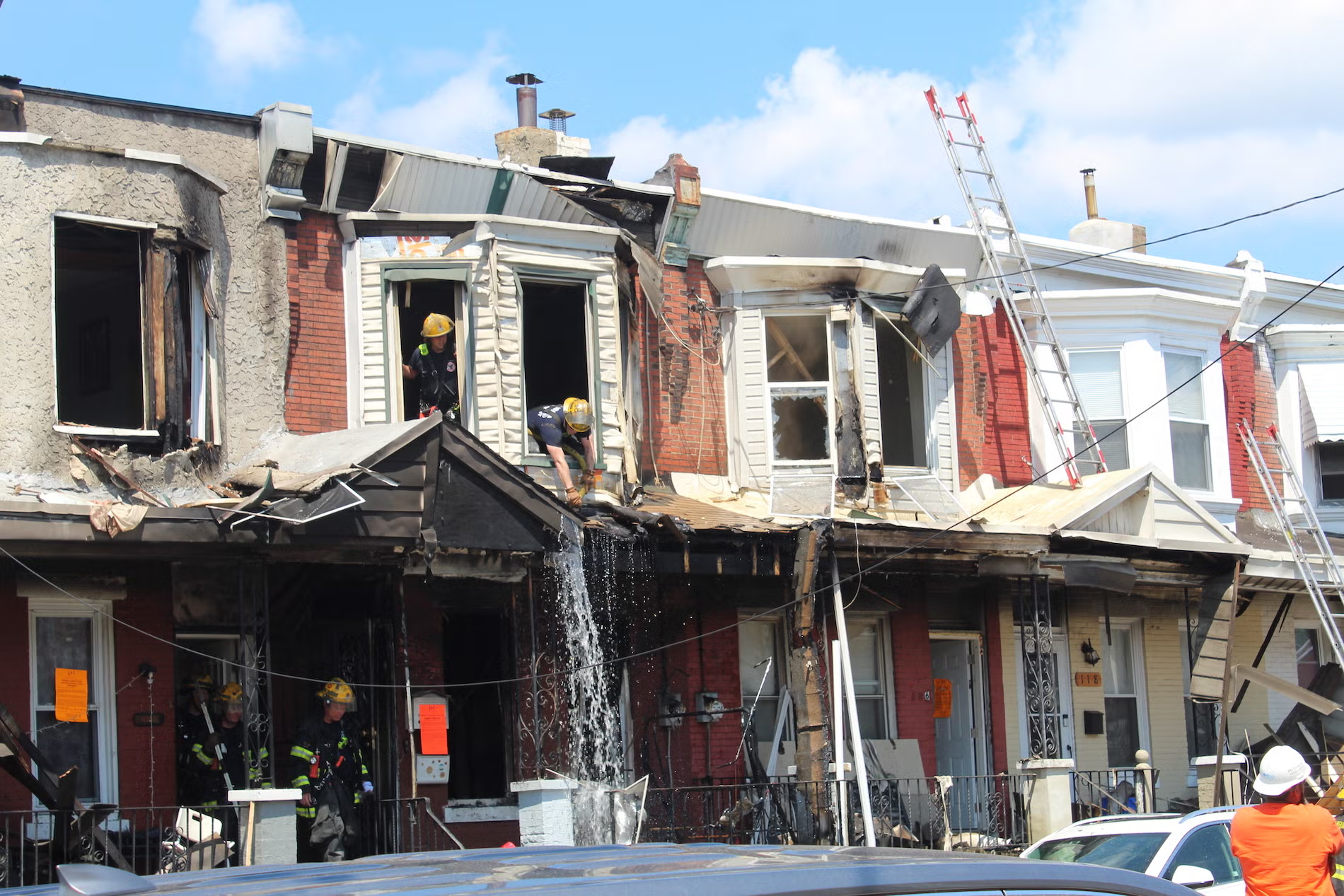
.svg)